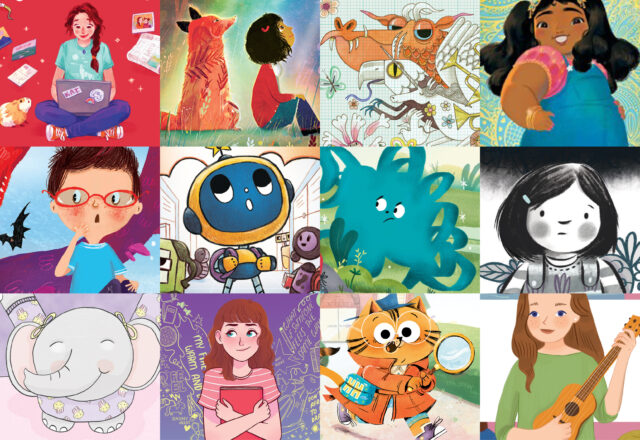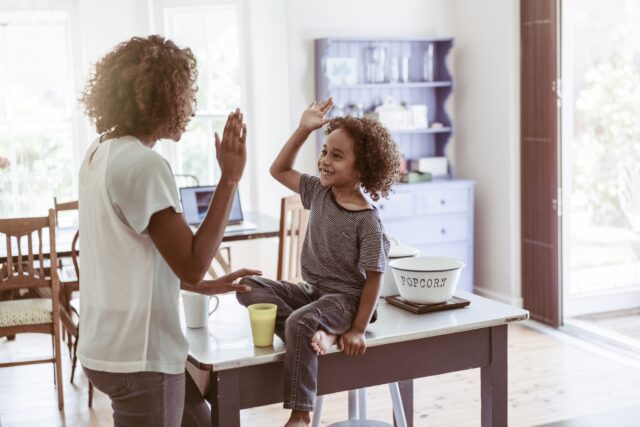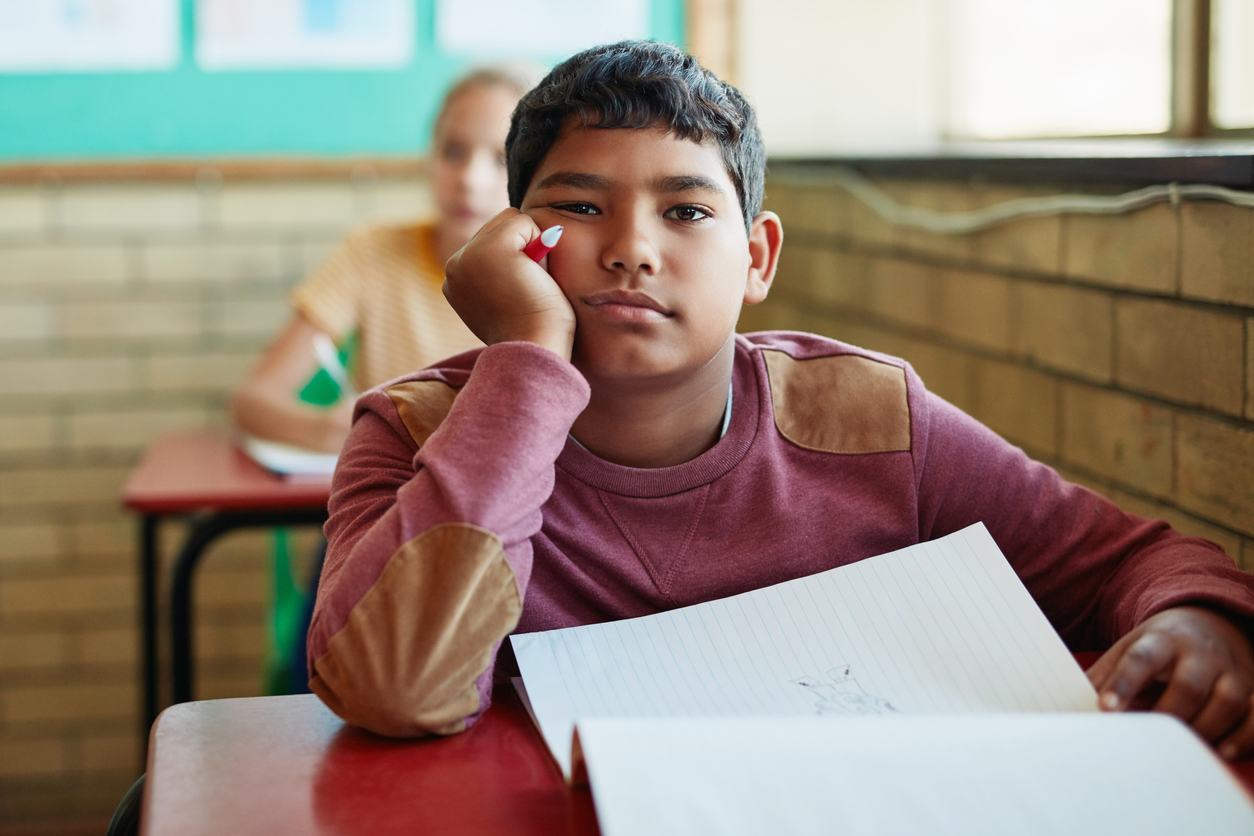Helping Children Cope With Frightening News
Helping Children Cope With Frightening News
What parents can do to aid scared kids in processing grief and fear in a healthy way
Clinical Expert: Harold S. Koplewicz, MD
en EspañolWhat You'll Learn
- What’s the best way to talk to kids about frightening news?
- How can parents help kids cope with scary events?
Quick Read
When tragedy strikes, it can be hard to deal with your own grief and distress while helping your children do the same. But there are things you can do to help kids handle scary news.
To break the news about an event that kids might see on the news, don’t wait to tell them. It’s better for them if you’re the one who tells them. You’ll be able to give the facts, however painful, and set the emotional tone.
Encourage your children to tell you anything they may have heard and to talk about how they feel. Give them opportunities to ask questions and be ready to share details if they ask. When you encourage your children to express their feelings, it helps them build healthy coping skills that will serve them well in the future.
It’s okay to tell your child if you’re sad, but try to stay calm. Children often take on our emotions, so if you’re very emotional, they might feel more upset too. This could make it harder for them to listen to what you’re saying.
Little kids in particular might be scared that something similar will happen to them. Try to reassure them that tragic events are rare and that people are working to prevent things like this from happening again.
As you talk to your children, don’t volunteer too much information. Instead, try to answer your child’s questions honestly and clearly. It’s okay if you can’t answer everything; being available to your child is what matters. It’s okay to return to the topic as many times as your child needs so that they can come to terms with what happened.
Full Article
4 min read
When tragedy strikes, as a parent or caregiver you find yourself doubly challenged: to process your own feelings of grief and distress, and to help your children do the same.
I wish I could tell you how to spare your children pain, when they’ve lost friends or family members, and fear, when disturbing events occur, especially when they’re close to home. I can’t do that, but what I can do is share what I’ve learned about how to help children cope and process disturbing events in the healthiest way.
You can’t protect you children from grief, but you can help them express their feelings, comfort them, help them feel safer, and teach them how to deal with fear. By allowing and encouraging them to express their feelings, you can help them build healthy coping skills that will serve them well in the future, and confidence that they can overcome adversity.
Break the news
When something happens that will get wide coverage, my first and most important suggestion is that you don’t delay telling your children about what’s happened: It’s much better for the child if you’re the one who tells them. You don’t want them to hear from some other child, a television news report, or the headlines on the front page of the New York Post. You want to be able to convey the facts, however painful, and set the emotional tone.
Take your cues from your child
Invite them to tell you anything they may have heard about the tragedy, and how they feel. Give them ample opportunity to ask questions. You want to be prepared to answer (but not prompt) questions about upsetting details. Your goal is to avoid encouraging frightening fantasies.
Model calm
It’s okay to let your child know if you’re sad, but if you talk to your child about a traumatic experience in a highly emotional way, then they will likely absorb your emotion and very little else. If, on the other hand, you remain calm, they are likely to grasp what’s important: that tragic events can upset our lives, even deeply, but we can learn from bad experiences and work together to grow stronger.
Be reassuring
Talking about death is always difficult, but a tragic accident or act of violence is especially tough because of how egocentric children are: they’re likely to focus on whether something like this could happen to them. So it’s important to reassure your child about how unusual this kind of event is, and the safety measures that have been taken to prevent this kind of thing from happening to them. You can also assure them that this kind of tragedy is investigated carefully, to identify causes and help prevent it from happening again. It’s confidence-building for kids to know that we learn from negative experiences.
Help children express their feelings
In your conversation (and subsequent ones) you can suggest ways your child might remember those they’ve lost: draw pictures or tell stories about things you did together. If you’re religious, going to church or synagogue could be valuable.
Be developmentally appropriate
Don’t volunteer too much information, as this may be overwhelming. Instead, try to answer your child’s questions. Do your best to answer honestly and clearly. It’s okay if you can’t answer everything; being available to your child is what matters. Difficult conversations like this aren’t over in one session; expect to return to the topic as many times as your child needs to come to terms with this experience.
Be available
If your child is upset, just spending time with them may make them feel safer. Children find great comfort in routines, and doing ordinary things together as a family may be the most effective form of healing.
Memorialize those who have been lost
Drawing pictures, planting a tree, or sharing stories can all be good, positive ways to help provide closure to a child. It’s important to assure your child that a person continues to live on in the hearts and minds of others. Doing something to help others in need can be very therapeutic: it can help children not only feel good about themselves but learn a very healthy way to deal with grief.
This article was last reviewed or updated on June 24, 2024.
Topics

Harold S. Koplewicz, MD
Harold S. Koplewicz, MD
Harold S. Koplewicz, MD, is the founding President and Medical Director of the Child Mind Institute and is a senior child and adolescent psychiatrist in the Psychopharmacology Center. Read Bio
Was this article helpful?
Related Reading
-
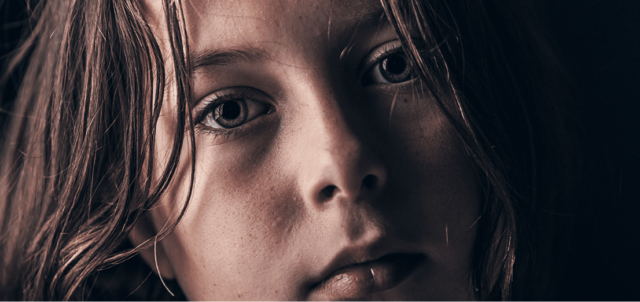 Signs of Trauma in Children
What to watch for in the weeks and months after an upsetting event
Signs of Trauma in Children
What to watch for in the weeks and months after an upsetting event
-
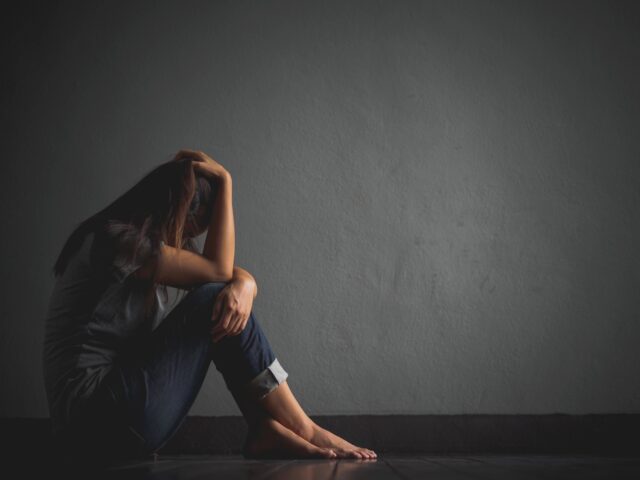 What Makes an Event Traumatic for a Child?
Experiences before and after affect how severe the injury will be
What Makes an Event Traumatic for a Child?
Experiences before and after affect how severe the injury will be
-
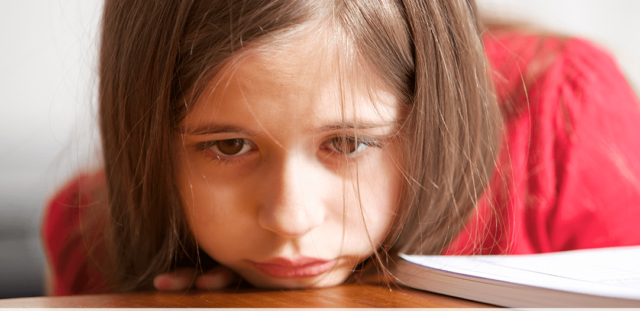 The Teacher’s Role When Tragedy Strikes
Healing for students dealing with tragedy begins in the classroom
The Teacher’s Role When Tragedy Strikes
Healing for students dealing with tragedy begins in the classroom
-
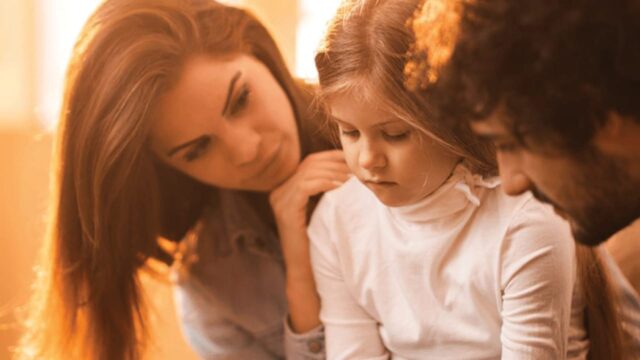 Helping Children Cope After a Traumatic Event
Tips for supporting children with trauma
Helping Children Cope After a Traumatic Event
Tips for supporting children with trauma
-
 Helping Children Cope With Grief
Helping Children Cope With Grief
Helping Children Cope With Grief
Helping Children Cope With Grief
-
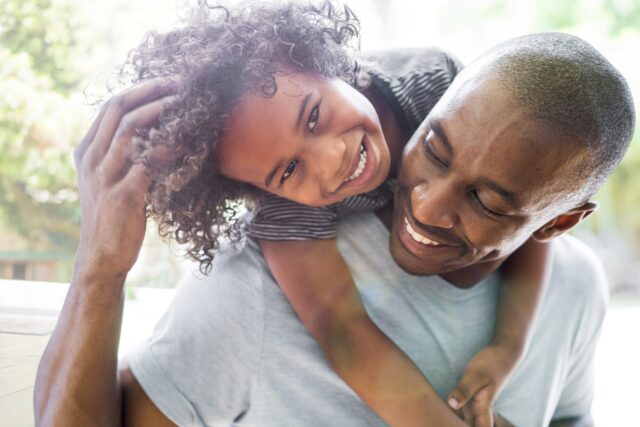 Complete Guide to Managing Behavior Problems
When children struggle with their behavior, it can have a negative impact on everyone in…
Complete Guide to Managing Behavior Problems
When children struggle with their behavior, it can have a negative impact on everyone in…
-
 Should Kids Take Mental Health Days?
When taking a break is helpful (and when it's not)
Should Kids Take Mental Health Days?
When taking a break is helpful (and when it's not)
More Related

